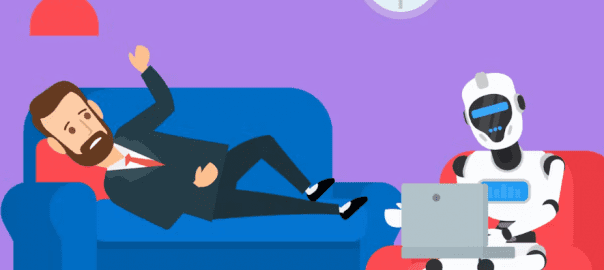There are a number of reasons why mental health apps may have worse privacy than other types of apps.
Mental health apps collect more sensitive data. Mental health apps often collect data about users’ mental health, which is considered to be sensitive information. This data can include information about users’ moods, thoughts, feelings, and behaviors.
Mental health apps are often used by people who are vulnerable. People who use mental health apps may be more vulnerable to privacy violations because they may be more likely to share personal information with the app. This is because they may be seeking help for mental health problems, and they may be more trusting of the app.
Mental health apps are often not regulated. Mental health apps are not regulated in the same way as other types of apps, such as financial apps or medical apps. This means that there are fewer protections in place to ensure the privacy of users’ data.
As a result of these factors, mental health apps may be more likely to have privacy problems. This is a concern because it can lead to the disclosure of sensitive information, which can have a negative impact on users’ privacy and security.
Here are some tips for choosing a mental health app with good privacy practices:
Read the app’s privacy policy carefully. The privacy policy should explain how the app collects, uses, and shares user data.
Choose an app that has a good reputation for privacy. You can read reviews of mental health apps online to get an idea of how they handle user data.
Contact the app’s developer if you have any questions about privacy. The developer should be able to answer your questions about how the app collects, uses, and shares user data.
By following these tips, you can help to protect your privacy when using a mental health app.
AI can have both positive and negative impacts on mental health. On the one hand, AI can be used to develop new treatments for mental health conditions, such as depression and anxiety. For example, AI can be used to create virtual reality simulations that can be used to help people with anxiety disorders. AI can also be used to develop new ways to diagnose mental health conditions, such as by using machine learning to analyze data from brain scans.
On the other hand, AI can also have negative impacts on mental health. For example, AI can be used to create deepfakes, which are videos or audio recordings that have been manipulated to make it look or sound like someone is saying or doing something they never actually said or did. Deepfakes can be used to spread misinformation and propaganda, which can have a negative impact on people’s mental health. AI can also be used to create addictive games and apps, which can lead to problems such as gaming disorder and internet addiction.
It is important to be aware of the potential risks and benefits of AI when it comes to mental health. When AI is used responsibly, it can have a positive impact on mental health. However, when AI is used irresponsibly, it can have a negative impact on mental health. It is important to draw the line when AI is used in a way that is harmful to mental health.
Here are some tips for staying safe when using AI:
- Be aware of the potential risks and benefits of AI.
- Use AI responsibly.
- Be aware of the signs of addiction.
- If you are struggling with your mental health, seek professional help.

